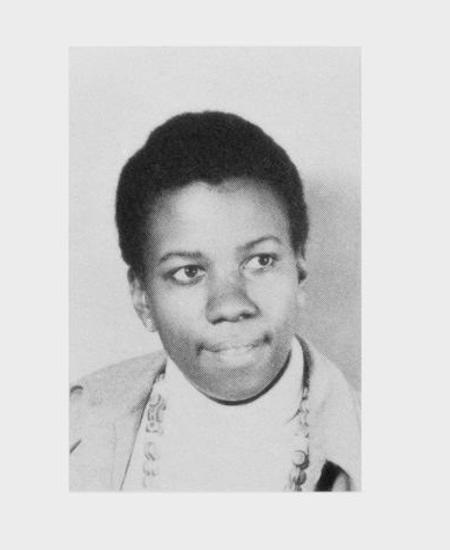Coleman transferred to Lexington Technical Institute (now Bluegrass Community and Technical College) where she earned her associate degree in engineering technology. Shortly after, Coleman started working for the Kentucky Transportation Cabinet, which at that time, was known as the Kentucky Department of Transportation's Division of Bridges.
Upon enrolling in civil engineering classes at UK, Coleman often found herself to be the only Black student — and the only female.
“It can be difficult for a Black woman to relate to all the white male students in the department,” she said.
But Coleman persevered.
In 1977, she earned her degree in civil engineering — becoming the first Black woman to graduate from UK Engineering.
Following graduation, Coleman moved to Alaska where she became a senior structural engineer and the owner of a firm.
Thanks to pioneers — like Coleman — the number of Black women embracing careers in the field of engineering has greatly increased. As a result, so has the quality of the entire field.
To learn more about how the university is celebrating Black History Month visit http://uknow.uky.edu/campus-news/black-history-month-celebrating-those-who-paved-way.
The University of Kentucky is increasingly the first choice for students, faculty and staff to pursue their passions and their professional goals. In the last two years, Forbes has named UK among the best employers for diversity, and INSIGHT into Diversity recognized us as a Diversity Champion four years running. UK is ranked among the top 30 campuses in the nation for LGBTQ* inclusion and safety. UK has been judged a “Great College to Work for" three years in a row, and UK is among only 22 universities in the country on Forbes' list of "America's Best Employers." We are ranked among the top 10 percent of public institutions for research expenditures — a tangible symbol of our breadth and depth as a university focused on discovery that changes lives and communities. And our patients know and appreciate the fact that UK HealthCare has been named the state’s top hospital for five straight years. Accolades and honors are great. But they are more important for what they represent: the idea that creating a community of belonging and commitment to excellence is how we honor our mission to be not simply the University of Kentucky, but the University for Kentucky.

